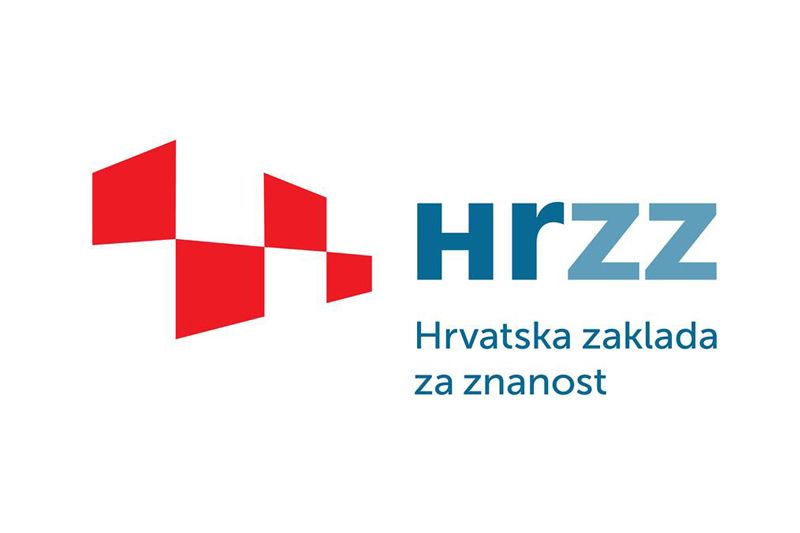Competitive research projects
YO-VID22: Youth wellbeing and support structures before, during and after the COVID-19 pandemic
About project
Project basics
- Acronym: YO-VID 22
- Coordinator: Institute for Social Research in Zagreb and University of Maribor Faculty of Arts
- Partner: Faculty of Humanities and Social Sciences of the University of Zagreb
- Financed by: Croatian Science Foundation
- Project duration: 1 October 2022 – 30 September 2025
Project partner

Project description
The impact of COVID-19 pandemic as a source of a myriad potential stressful and risk factors and challenges to the psychosocial development and wellbeing of young people has recently been a subject of intense interest and discussions among scholars, policy makers and the general public. However, there are few studies measuring the potential effects of non-normative development experiences through direct comparison of the situation before, during and after the pandemic and most of them are related to adolescents. Focusing primarily on the well-being of young people in Slovenia and Croatia, the proposed study will build on the unique opportunity to re-apply instruments used for measuring different aspects of youth wellbeing and developmentally relevant social environment in pre-pandemic 2018, and thus more reliably assess the extent of pandemic impacts on young people. The study will be based on a mixed method approach, combining quantitative (survey and secondary data analysis) and qualitative (in-depth interviews, focus groups and content analysis) methods. This approach will also enable insight into the functioning of different developmentally relevant social support structures (family, peers, educational institutions, social services, youth clinics and civil society organisations) that were available to young people before, during and after the pandemic, as well as roles of those support structures in young people’s wellbeing. Such an approach creates a solid basis for understanding the mechanisms behind the identified changes in young people’s well-being. This understanding is not only crucial from the scientific standpoint, but also provides a solid basis for identifying the potentially most effective policy measures at the national and the wider European levels.
Logo

